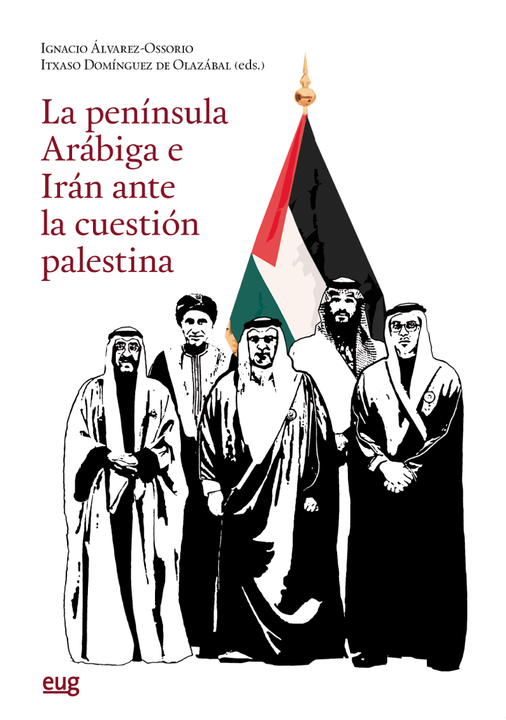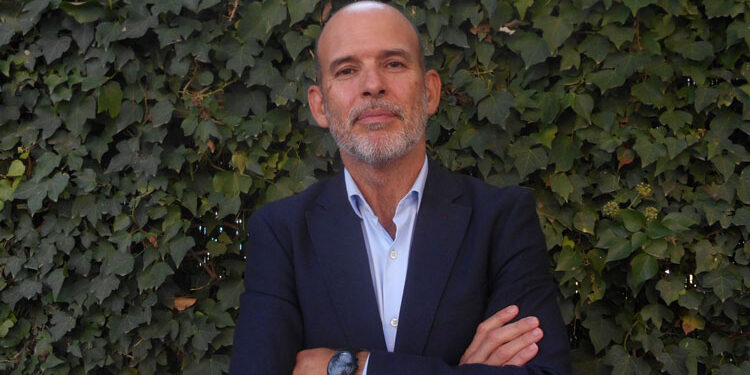Authors: Ignacio Álvarez-Osorio e Itxaso Domínguez de Olazábal.

Casa Árabe presents this afternoon at 7 pm, the book The Arabian Peninsula and Iran before the Palestinian question, by its authors, Ignacio Alvarez-Osorio e Itxaso Domínguez de Olazábal, a book that analyzes the relationship of the Arab countries of the Arabian peninsula and Iran with the Palestinian question. Free admission until capacity is full. The event will be held in Spanish.
The countries of the Arabian peninsula have maintained an ambiguous relationship with the Palestinian question. After the creation of Israel in 1948 and the subsequent Nakba, some opened their doors to thousands of Palestinian workers who contributed to the development of their state structures. It was precisely in Kuwait, which hosted a larger Palestinian community, that Fatah, the main group of the Palestine Liberation Organization, was born. Following their independence, these countries experienced rapid economic development as a result of the exploitation of oil. The Six-Day War marked a turning point in accelerating the decline of Arab nationalism and the rise of Saudi Arabia, which bet on the negotiating track with the Fahd Plan or the Beirut Initiative.
Following the collapse of the «Oslo Accords», support for the Palestinian cause began to be questioned by several leaders as a heavy burden that limited their room for manoeuvre. In this context, the United Arab Emirates or Bahrain bet to normalize their relations with Israel through the «Abraham Agreements». A separate case is that of Iran, which exploited the Palestinian question to extend its regional influence through the so-called Axis of Resistance.
The authors will discuss these dimensions of great relevance to understand the current geopolitical situation based on the constant evolution of international relations in the Middle East and the Arabian Peninsula. The event will be moderated by María Isabel Cabrera, director of the Editorial Universidad de Granada. Miguel Moro, general manager of Casa Árabe, will present.
Ignacio Álvarez-Ossorio is a professor of Arab and Islamic Studies at the Complutense University in Madrid, where he is co-director of the Complutense Research Group on the Maghreb and the Middle East (GICMOM).
Itxaso Domínguez de Olazábal is a policy specialist in the digital rights organization European Digital Rights. Associate Professor of International Studies at the Universidad Carlos III in Madrid and at Sciences Po in Paris.







